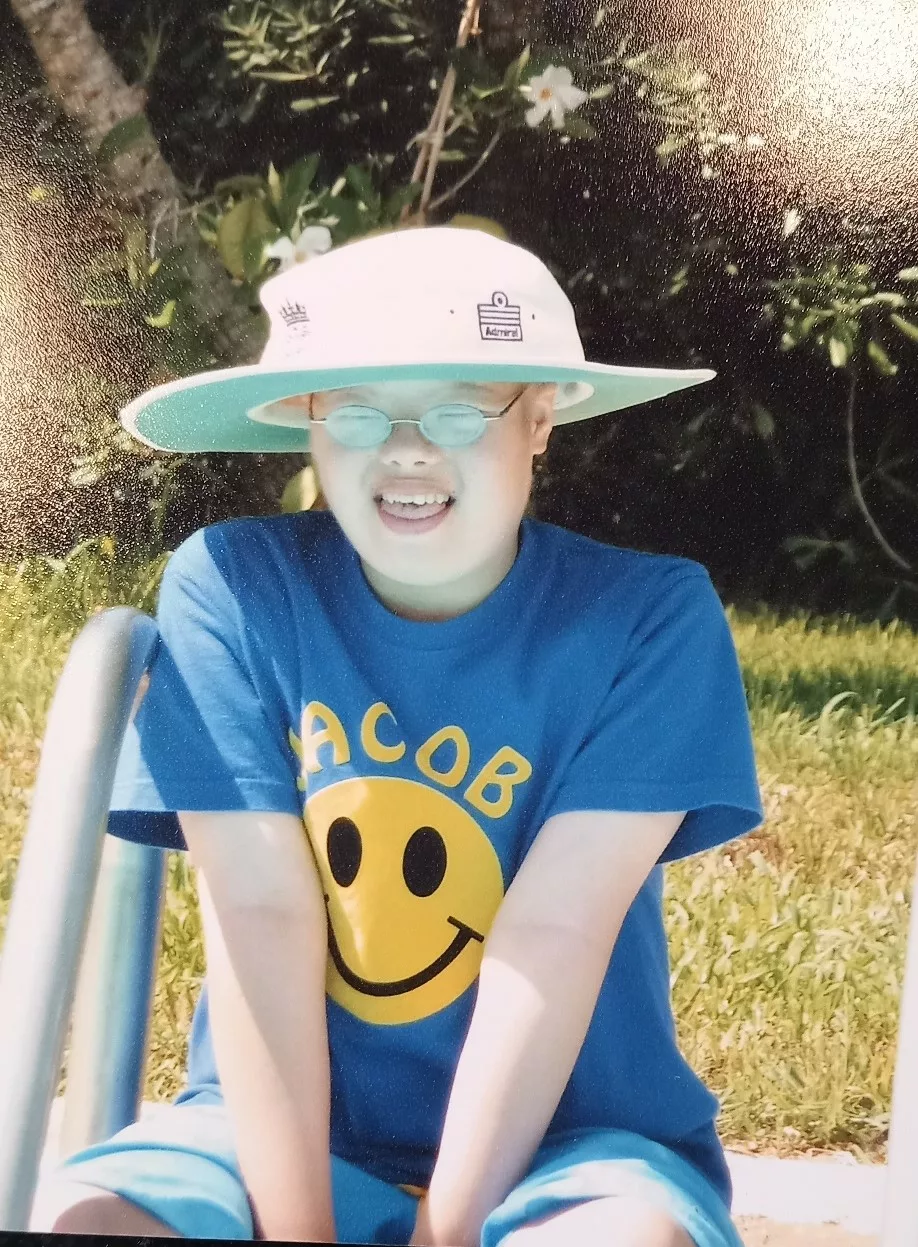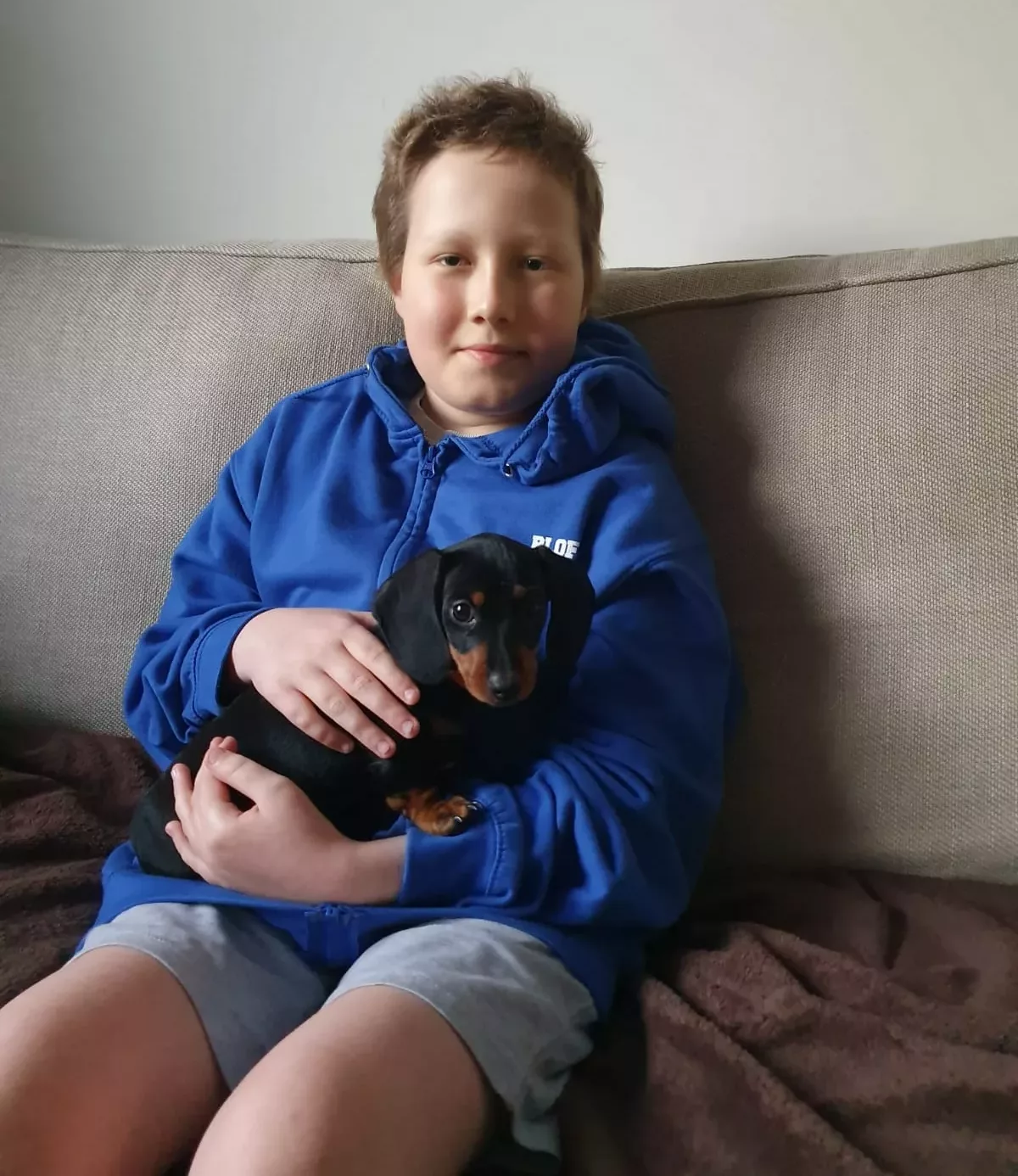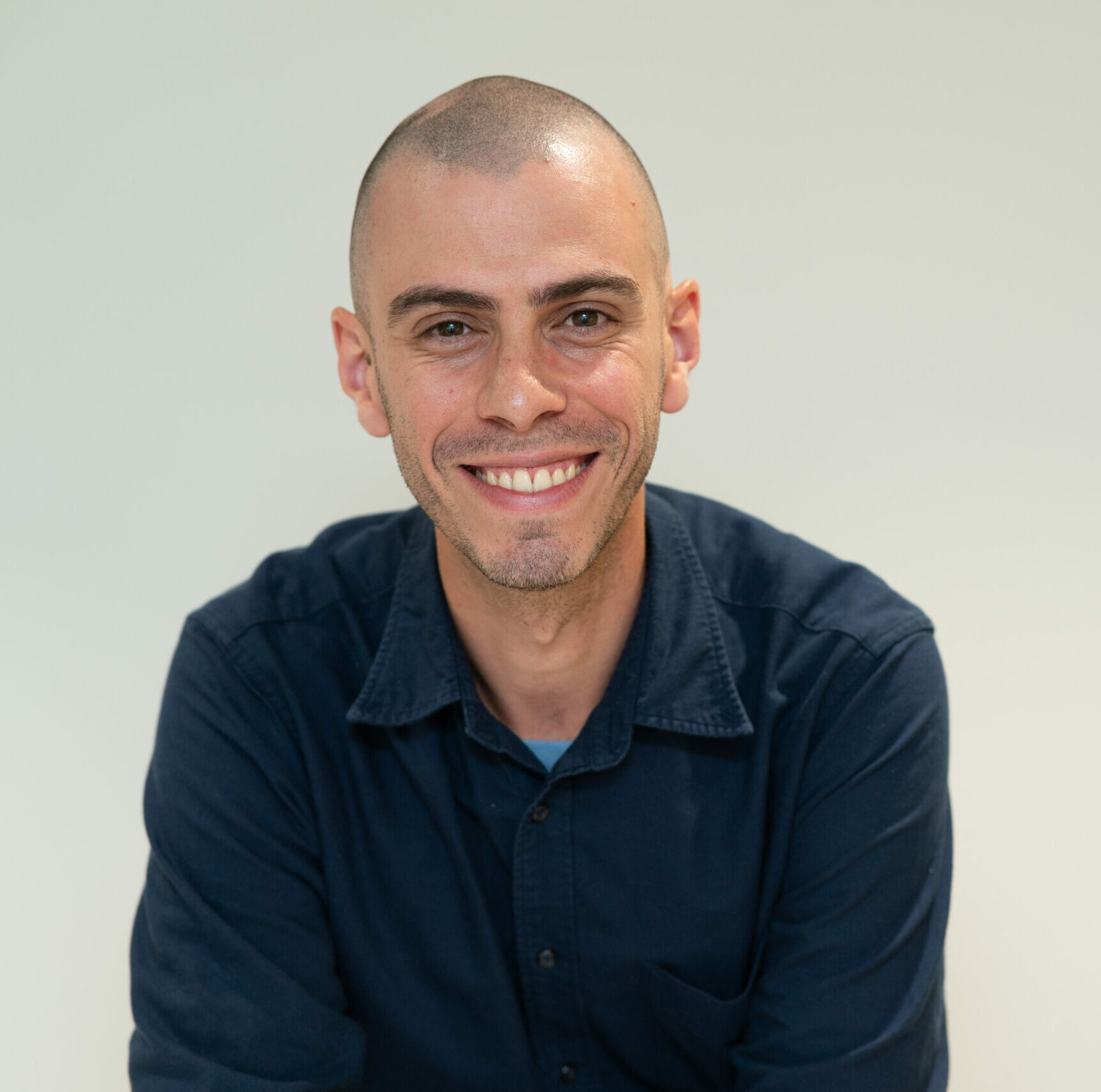
15 Feb 2024 Awareness raising
Parents join Leukaemia UK in calling for more donations to fund research to stop blood cancer ‘destroying childhoods’
Parents of children whose lives have been devastated by leukaemia have joined Leukaemia UK on International Childhood Cancer Day (February 15th) in calling for more research into the blood cancer.
Leukaemia is the most common type of childhood cancer, accounting for around a third of all cancers in under 15s. Nine out of ten children survive, but the treatments, which have remained largely unchanged since the 1960s, are harsh and take a huge physical and emotional toll on both the child and the whole family.
Parents Debbie Jacobs, who lost her 12-year-old son Jacob, and Tajana Charles, whose son Henry, 13, has been undergoing gruelling treatment for three years, say the effects of the disease on the lives of the whole family are devastating. They both want to see more research not only into treatments that cure leukaemia but are less gruelling for the children undergoing them.
Research into leukaemia has brought about a dramatic increase in survival rates in children in the last 50 years. Only 33% of children would live for more than five years after diagnosis between 1971 to 1975 – now 88% survive. *
Leukaemia UK is funding research projects which aim to find kinder, more effective treatments for acute lymphoblastic leukaemia (ALL), the most common childhood leukaemia, and other blood cancers that affect children. But the charity is calling for more donations so they can invest in further projects.
Fiona Hazell, Chief Executive of Leukaemia UK, said: “Childhood leukaemia affects the whole family in the most terrible way. The gruelling, lengthy nature of the chemotherapy and other treatments can effectively destroy years of normal childhood and put a massive emotional strain on everyone around them.
“Research has brought about dramatic increases in survival rates over the past 50 years and given precious hope to parents and those youngsters who have been given a devastating leukaemia diagnosis. But chemotherapy is still the main treatment, as it has been since the 1960s. Although breakthroughs are happening all the time, it’s only by investing in more research that we will bring them about. That’s why on International Childhood Cancer Day we’re renewing our call for donations so that we can fund more research into kinder, more effective treatments.”

Jacob Benson
Jacob Benson lost his four-year fight against ALL in October 2010. 12-year-old Jacob had Downs Syndrome – children and adolescents with the genetic condition are between 10 and 30 times more likely to develop leukaemia. In 2006 Jacob was in mainstream school, enjoying life with his friends and talking about becoming a chef when he grew up. He was diagnosed with ALL after developing a rash and fatigue. Before he died, Jacob underwent years of harsh chemotherapy that left him at times weak, emotional and a much smaller version of himself in body but not in spirit.
“The hole he left in everyone’s life was immense,” says Jacob’s mum Debbie, 56, who lives at Old Burghclere in Hampshire. “I can honestly admit that not once during those four years did Jacob ever complain. His incredibly sunny, positive outlook on life kept us all going. Only once did he ask me ‘am I going to die’ to which I replied, ‘we are all going to die darling one day.’ It was Jacob’s outlook on life that carried all of us through the saddest time of our lives. His legacy has focused us on fundraising for Leukaemia UK in the hopes that better treatments can be found so other families don’t have to go through the loss that we have had to endure.”

Henry Charles
Henry Charles was diagnosed with ALL in July 2020 at the age of 10. He’d been suffering from bleeding gums and fatigue and had started losing weight. Henry is now in remission after three years of treatment which has put extreme emotional and financial pressure on his whole family.
“I will never forget that as we were getting into the ambulance I noticed one of the nurses giving me a sad look, like she was feeling sorry for me,” says Henry’s mum Tajana, 43, who lives near Norwich in Norfolk. “It really struck me. I wondered why she was looking at me like that. I now know why she did that – she knew what we’d have to go through and how hard it was going to be. I think you only realise how hard this is if you’ve been through it. No one else really understands. More money needs to be spent on researching treatments that not only work but work more quickly and take less of a physical toll on the children undergoing them.”
“I think you only realise how hard this is if you’ve been through it. No one else really understands.”
Leukaemia UK John Goldman Research Fellow Dr Victor Llombart, from University College London is carrying out research which could have a significant impact on the treatment of childhood leukaemia. He’s looking at MYC, one of the key proteins in the development of the ALL subtype known as T-ALL.

Dr Victor Llombart
Dr Llombart said: “Acute lymphoblastic leukaemia is the most common leukaemia in the paediatric population and about 15% of these correspond to T-ALL. Despite significant advancements in treatment modalities, the prognosis of some of these patients remains poor, particularly in relapsed or refractory cases.”
Uncovering more about how and why MYC becomes faulty could open doors to new treatment options. “About 80 per cent of patients with this type of ALL show a faulty MYC function,” adds Dr Llombart. “And MYC is also a factor in other subtypes of leukaemia and in many solid tumours that develop aggressively, so I hope my research will benefit many leukaemia patients in the long term. Over the past few decades we have seen a big improvement in the cure rate for patients with ALL. What has been crucial is the funding and resources that have been allocated to this research. My hope for the future is that we can accelerate this progress and that leukaemia patients can benefit from treatments that are 100 per cent effective and hopefully have very limited side effects so they can live long, normal lives.”

Saffron Vadher
Vogue model Saffron Vadher, 26, is a Leukaemia UK Ambassador, working to raise awareness about the blood cancer. She was diagnosed with leukaemia just before her fourth birthday in 2000. Saffron endured five years of chemotherapy which disrupted her schooling and family life, and left her with painful memories of losing her hair along with a phobia of needles. Saffron said: “Without research, I would simply not be here today. My years of treatment were so gruelling, and affected my whole family. It’s only through generous donations to Leukaemia UK that we can continue to fund research into treatments that are more effective, and kinder on children.”
Donate to support leukaemia research.
*Figures from Cancer Research UK
Related posts
15 February 2024
Vogue model who survived leukaemia as a child joins Leukaemia UK in calling for more donations for research to stop blood cancer ‘destroying childhoods’
Vogue model Saffron Vadher has joined Leukaemia UK on International Childhood Cancer Day (February 15th) in calling for more research into the blood cancer. Leukaemia is the most common type…
11 February 2022
International Childhood Cancer Day: Dr Samanta Mariani reflects on her research into infant leukaemia
On International Childhood Cancer Day, Dr Samanta Mariani reflects on her research into infant leukaemia, what drives her in her work and her hopes for the future.
21 April 2023
Trailblazing research project announced to exploit novel weaknesses in one of the least survivable cancers
A pioneering new study hopes to accelerate progress towards a new treatment for acute myeloid leukaemia (AML) in research announced today on World AML Day by Leukaemia UK. University of…
30 January 2024
Leukaemia UK bolsters research and advocacy team, in support of ambitious strategy to accelerate progress in the diagnosis, treatment, and care of leukaemia
Leukaemia UK is pleased to announce Dr Simon Ridley as the new Director of Research and Advocacy and Dr Georgia Papacleovoulou as the organisation’s first ever Head of Policy and…